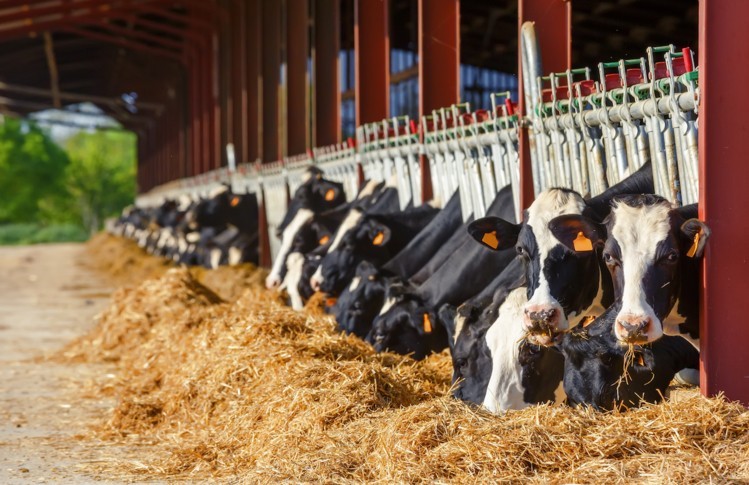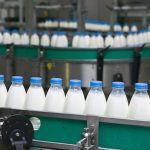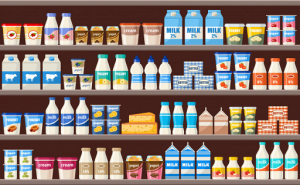
It’s been a challenging year in the dairy industry, and preserving and growing access to foreign markets is key to keeping it on an even keel.
Unfortunately, the challenges are always plentiful, said Shawna Morris, senior vice president of trade for the National Milk Producers Federation.
“One of the big challenges our exporters are dealing with has been the crisis through some of our ports,” she said during the latest “Dairy Defined” podcast.
The shipping backlog and higher costs have had a significant impact that’s beginning to show up in trade flows, she said.
There’s always a host of different challenges exporting into various markets, such as Canada playing games with its U.S.-Mexico-Canada agreement commitments, she said.
“On a couple of other fronts, we’re working to preserve access into key markets such as Mexico and the European Union as they’ve gone through various regulatory changes,” she said.
The European Union has rewritten all of its import certificates that need to accompany dairy, meat and other products as they arrive at European ports. National Milk has worked extensively with the U.S. Dairy Export Council and the U.S. government to navigate that issue and press for more time from Europe and more flexibility to avoid trade disruption, she said.
“On the Mexican side, what we’ve really been contending with has been a huge surge in regulatory changes across a number of different dairy products,” she said.
One example is Mexico’s proposed cheese conformity assessment to ensure exporters are complying with Mexico’s cheese standard and regulation. National Milk supports making sure people are complying with cheese standards, but Mexico has been proposing a process that is onerous, costly and complicated, she said.
One of the biggest issues on the radar for National Milk and the Dairy Export Council is simply the drum beat about the importance of pursuing new market opportunity. The USMCA is a piece of that, she said.
“We want to make sure the market opportunities we got in that agreement just last year, we maximize. But it’s a big wide world out there,” she said.
The dairy groups have been encouraging the administration to resume and move forward with negotiations on a free-trade agreement with the United Kingdom. It’s a really big dairy importing market, but virtually all of its imports come from the European Union, she said.
“European Union has much lower non-tariff hurdles compared to us and has essentially an open door on tariffs, so we’re at a huge disadvantage. Closing that gap could open up a lot of opportunity there,” she said.
The other area of focus on free-trade agreements is Asia, she said.
“Europe and New Zealand have been just going to town in terms of pursuing negotiations with a lot of the countries throughout that region and that’s an area where, in particular, we’re sliding backward by simply standing still,” she said.
A big piece of what the groups are emphasizing to the administration is that the U.S. dairy industry needs to be in these markets to make progress and even to maintain its current position, she said.























